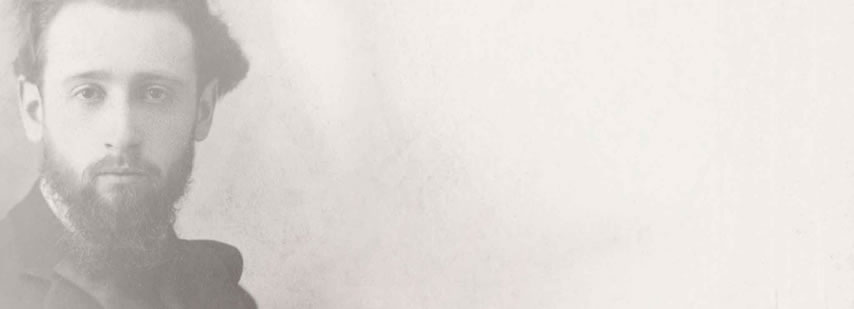The Albert Londres Prize was created by Florise Martinet-Londres in memory of her father, gone missing on the l 6th of May 1932, when the steamboat George Philippar sank into the depths off the coast of Gadarfui on the Red Sea. This prize, presented for the first time in 1933, one year after the disappearance of Albert Londres, crowns each year the best of the Great Reporters of the printed press. ln 1985, through the efforts of Henri de Turenne, the jury created an additional prize for the best journalists in the audio-visual format. Florise Albert-Londres has devoted her life to the memory of her father. She bequeathed her entire estate to the Albert Londres prize association, a public institution since 1971, in order to insure the purse granted annually to a young francophone joumalist under the age of 40 worthy of his predecessors. Honorees of the prize form a collegial association under the presidency of Annick Cojean (Le Monde). Joseph Kessel, of l’Académie Française, was once its honorary president. The jury is comprised of journalists and writers as well as the winners of the previous year’s prize : Lise Blanchet (France televisions), Hervé Brusini (France televisions), Annick Cojean (Le Monde), Thierry Desjardins (writer), Jean-Claude Guillebaud (L’Obs, writer…), François Hauter (writer), Christian Hoche, Catherine Jentile (TF1 Londres), Marc Kravetz, Jean-Xavier de Lestrade (director – Oscar winner), Manon Loizeau (director), Alain Louyot, Jean-Paul Mari (www.grands-reporters.com), Delphine Minoui (Le Figaro), Michel Moutot (AFP), Philippe Rochot (France televisions), Patrick de Saint-Exupéry, Frédéric Tonolli and Olivier Weber (Le Point).
Albert Londres (1884-1932)
For more than a century, the narne Albert Londres has been synony mous with myth. This journalist without equal lent nobility to a profession that would dispatch through out the world unrepentant vultures, international vagabonds and paid wanderers of career journalism. When he first left Vichy to move to Lyon and then on to Paris, not yet twenty years old, Albert Londres wanted to become a poet. In his way, that is what he was throughout his life. After learning his craft as a parliamentary gossip columnist, he completed his first article in 1914. lt would be the first step along an exceptional career that would send him to every corner of the world, and to its very center. The many strategic fronts of the Great War and the conquest of the Fiume by d’Annunzio, the Russian Revolution and the Tour de France, the Republic of China in turmoil and the scandal in the penal colony of Cayenne, pararnilitary squads in North Africa and the conditions of insane in the asylums of France, the Neo-Babe l that had become of Marseille and the escape of the convict Dieudonne, the trade of Blacks in Africa and the trade of white women in Argentina, the pearl divers of Djibouti and terrorists in the Balkans… For eighteen years Albert Londres hadn’t a moment to catch his breath. He hung up his bat only in order to spend time with his parents and his daughter between Paris and Vichy, his favorite stopovers. lt would be so up until his final trip to China in 1932 where he was reporting on an explosive topic (contraband arms? drug trafficking ?… ) the subject of which he did not reveal. That secret was kept during his return journey and perished along with him in the sinking of the steamboat George Philippar. Albert Londres, having in his way, also served as an « agent of information >, bas had the epic of his life mingled with that of chiefs of state and pariahs, generals and revolutionaries, deposed kings and smugglers.







